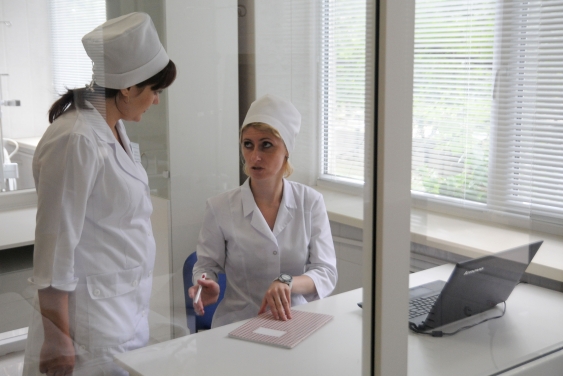To counter the coronavirus pandemic, emergency response services must be provided with whatever is required to carry out their duties. This was stated by OPPOSITION PLATFORM – FOR LIFE MP Serhiy Lovochkin.
“The authorities hope it will be possible to hide from the epidemic. That staying at home and waiting for a while will be enough. But this strategy is not efficient for emergency workers. The state should provide all that’s needed to those who fight the disease, instead of relying on the efforts of philanthropists and volunteers,” the politician said.
“To counter the coronavirus epidemic, all emergency services must be provided with whatever is required to fulfill their responsibilities. As long as the transportation is limited, it is extremely important to guarantee that doctors, law enforcement officers, and rescuers can get to work on time and safely,” he said.
Lovochkin also addressed Prime Minister Denys Shmyhal with a request to take comprehensive measures that would cover the needs of medical workers in individual protective means.
“Other countries’ experience of combating COVID-19, primarily that of China and Italy, indicates that one of the most negative scenarios is the nosocomial spread of coronavirus, which threatens employees of healthcare institutions and their families,” the statement reads.
The politician cited the latest statistics, according to which 2,629 healthcare workers are infected worldwide, which is 8.3 percent of the total number of patients as of March 17. In Italian Bergamo, for instance, 118 of 600 family doctors (i.e. 20 percent) got infected with coronavirus.
“Minimizing this threat requires adequate provision of healthcare workers with high-quality and reliable individual protective means, including respirators, masks, gloves, suits and robes, and goggles,” Lovochkin said.
As reported, OPPOSITION PLATFORM – FOR LIFE was the first to draft a package of bills on preventive measures to counter the epidemic, provide social support, and reduce negative consequences for the businesses. Some of these proposals were voted by parliament on March 17.
Follow @serhiylovochkin